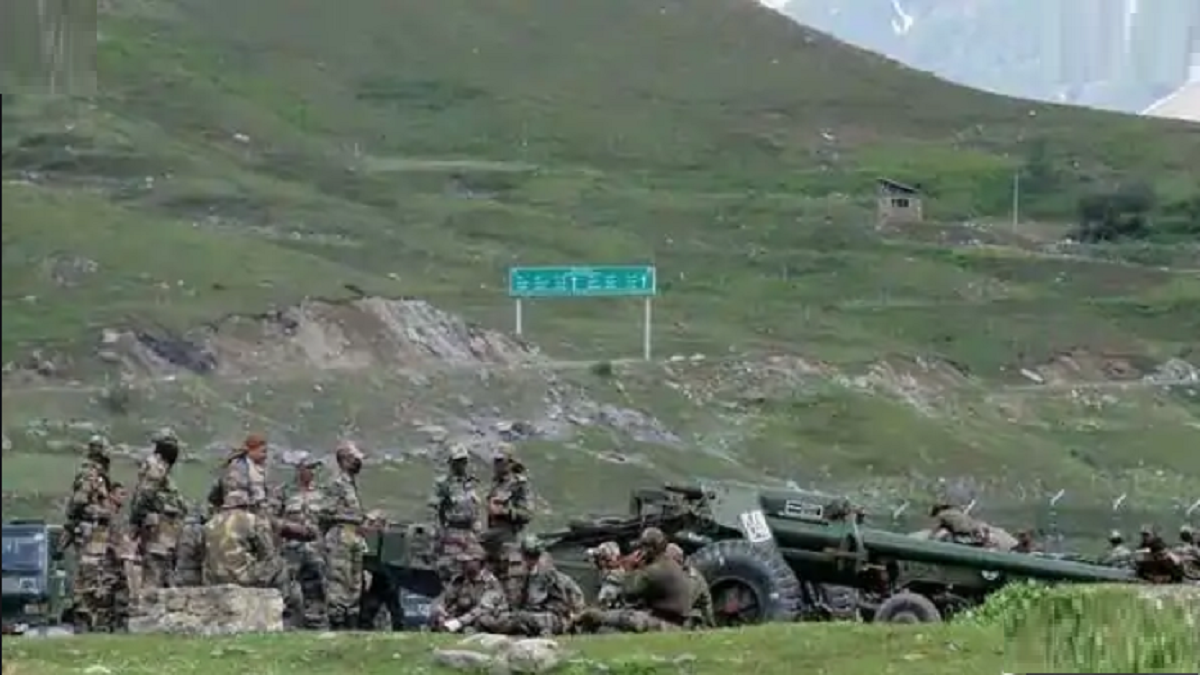
After this week’s barbaric attack on unarmed Indian soldiers at the Galwan valley by China’s People’s Liberation Army soldiers, let there be no illusion about India’s ties with China. Whatever little was left of India-China relations, disappeared into the ravines of Galwan on Monday night. Diplomacy, of course, is the art of making the impossible appear possible, and surely efforts will be made to salvage the current situation. But when one side expands the boundaries of its “wolf warrior diplomacy”—aggression and intimidation as components of “diplomacy”—to include military action, resulting in death, what is there to salvage? Instead, India will do itself good if it stood up and said, “thus far and no further”. It has been long known that India and China cannot be friends. China has done too many things against India’s interests over the decades for it to be called a friend. Hence, the focus has always been on managing differences with China, so that business can continue as usual. But that is the problem with differences—they can be managed only up to a point. Sooner or later the differences blow up into a crisis, just the way they did in Galwan on Monday. At the core of the problem is the very nature of China, rather the nature of its political system—authoritarianism of a single-party system. Coupled with that is its dream of ruling the world, which would have been a legitimate ambition but for the ways and means of going about it. China is not only a revisionist power, perpetually trying to “revise” its territorial boundaries by laying claim to its neighbour’s territory based on spurious history, but it also displays a complete lack of moral compass—lies, open threats, intimidatory tactics, bribes, you name it and China does it. And it is this lack of moral compass that was on display at the Galwan Valley. Not only did the PLA soldiers violate the agreement reached with their Indian counterparts about vacating a particular post, but also attacked the visiting Indians with rods and clubs wrapped in barbed wire and caused the loss of 20 Indian lives. It’s a different matter that they fell victim to their own overreach, as battle-hardened Indian soldiers, whom they had underestimated, caused them so much damage that the PLA is still shying away from revealing the number of its casualties, which could be in the range of 35-45 or more. Tension apparently is being defused, with both sides talking at the border, but the worry is that the Galwan incident has set the template for future such disengagements. Indians need to find out at what level the decision was taken by the PLA troops to violate the disengagement agreement—at the level of the local commander, or further up the “food chain”? And if yes, how far? Meanwhile, China has unleashed its propaganda machinery to give the spin that Indians were the aggressor in Galwan, but then sadly for it, there are no takers for its version—the price that it is paying for its hegemony in a world that is increasingly uniting in its revulsion against China. As for India, trying to keep the Dragon happy—till date not one word has been uttered against China on the matter of Hong Kong, and this is just one small example—did not stop its soldiers from getting killed. Giving a trade advantage to China, becoming totally dependent on China in several sectors did not stop the Chinese from being the aggressor. The least India can do now is put an economic cost to the blood that PLA has spilt in Galwan. Apart from not ceding even an inch of ground to the marauders of PLA.